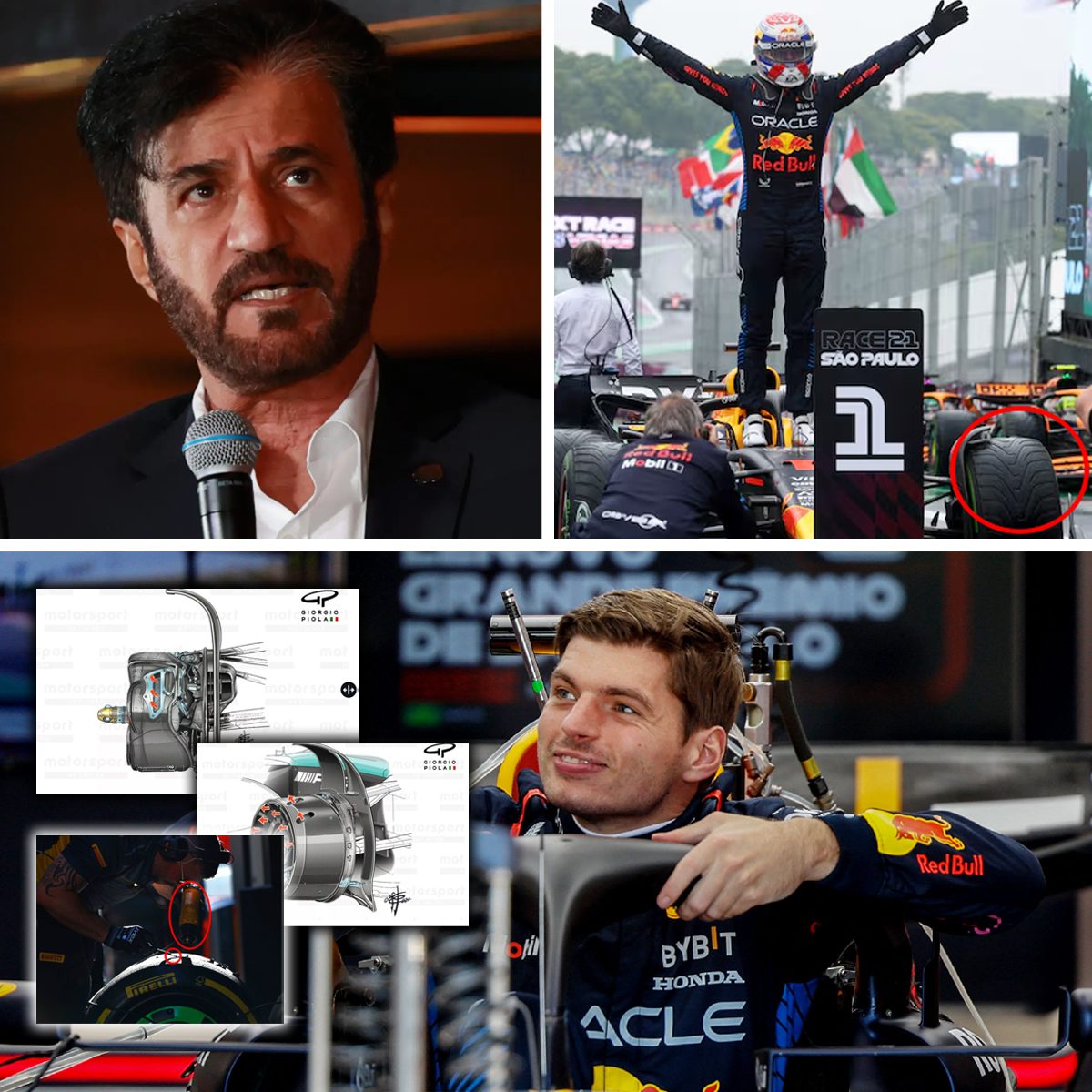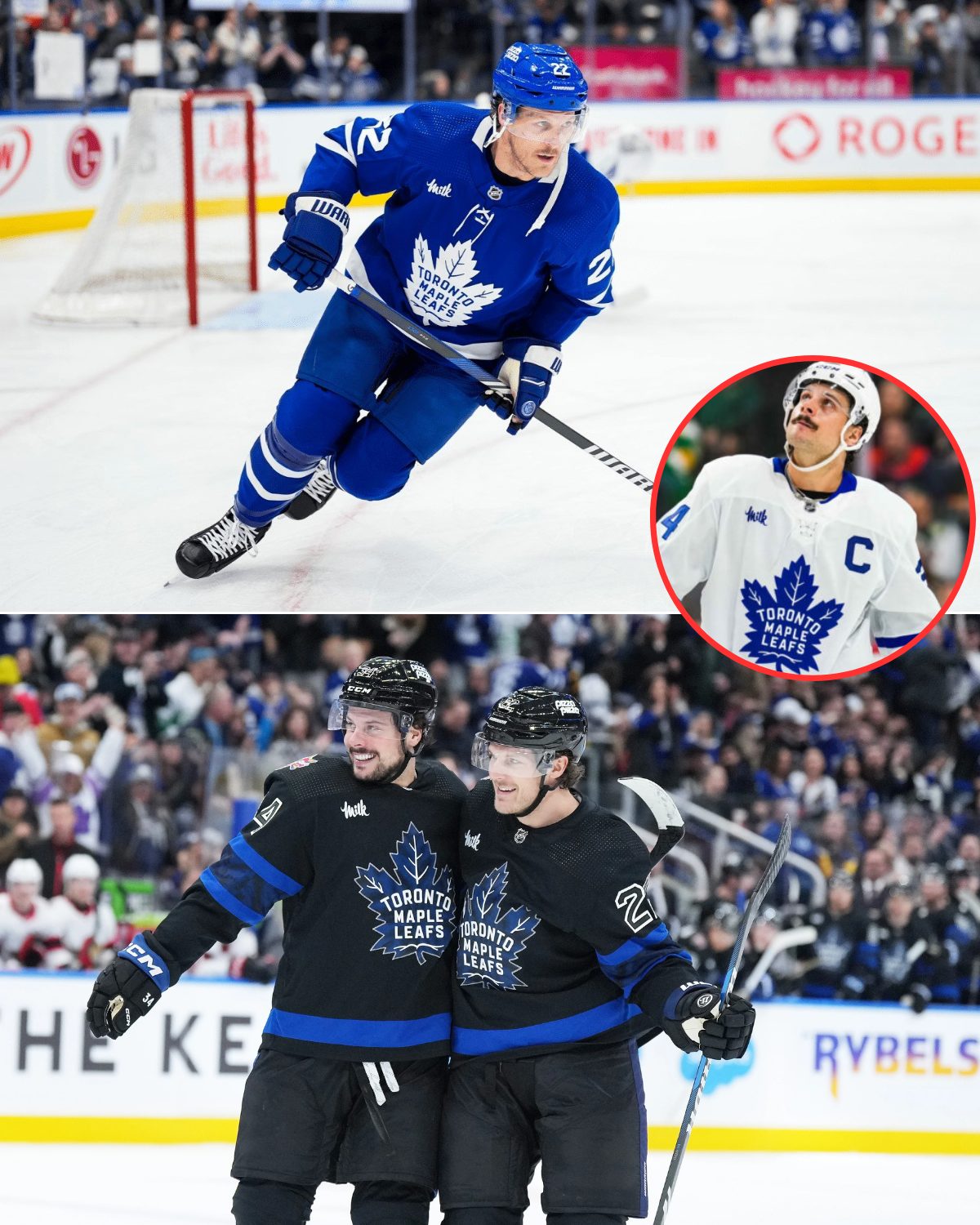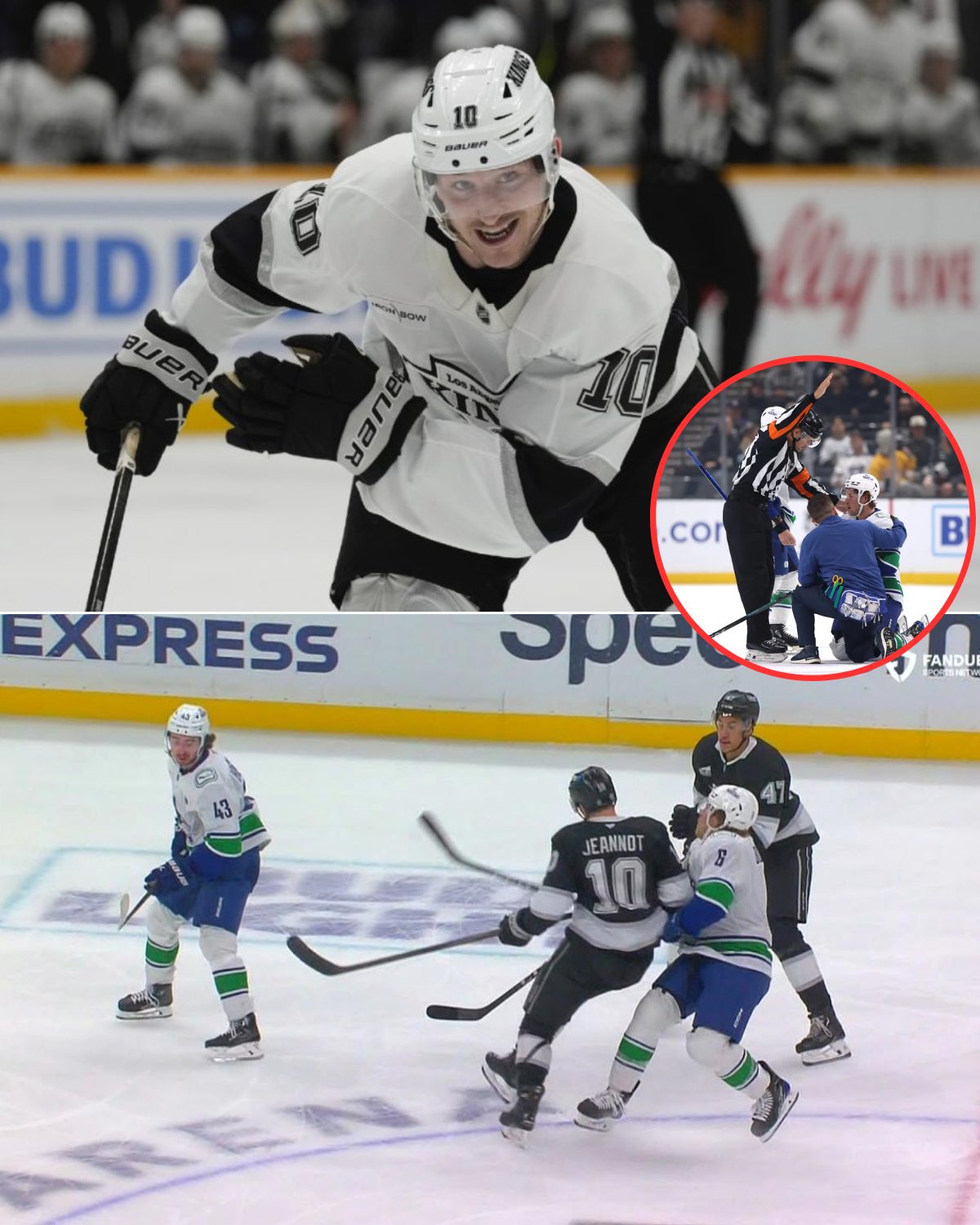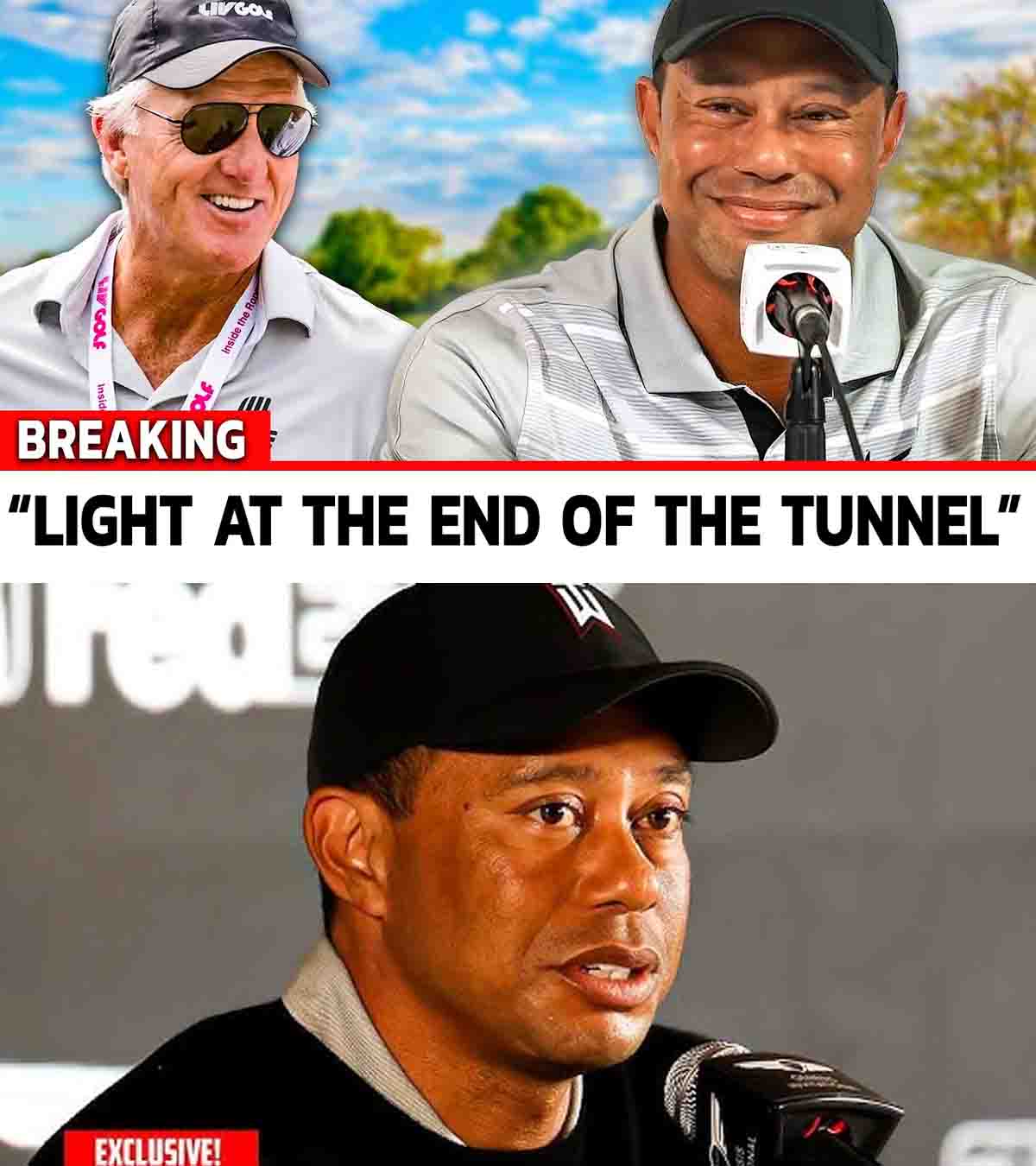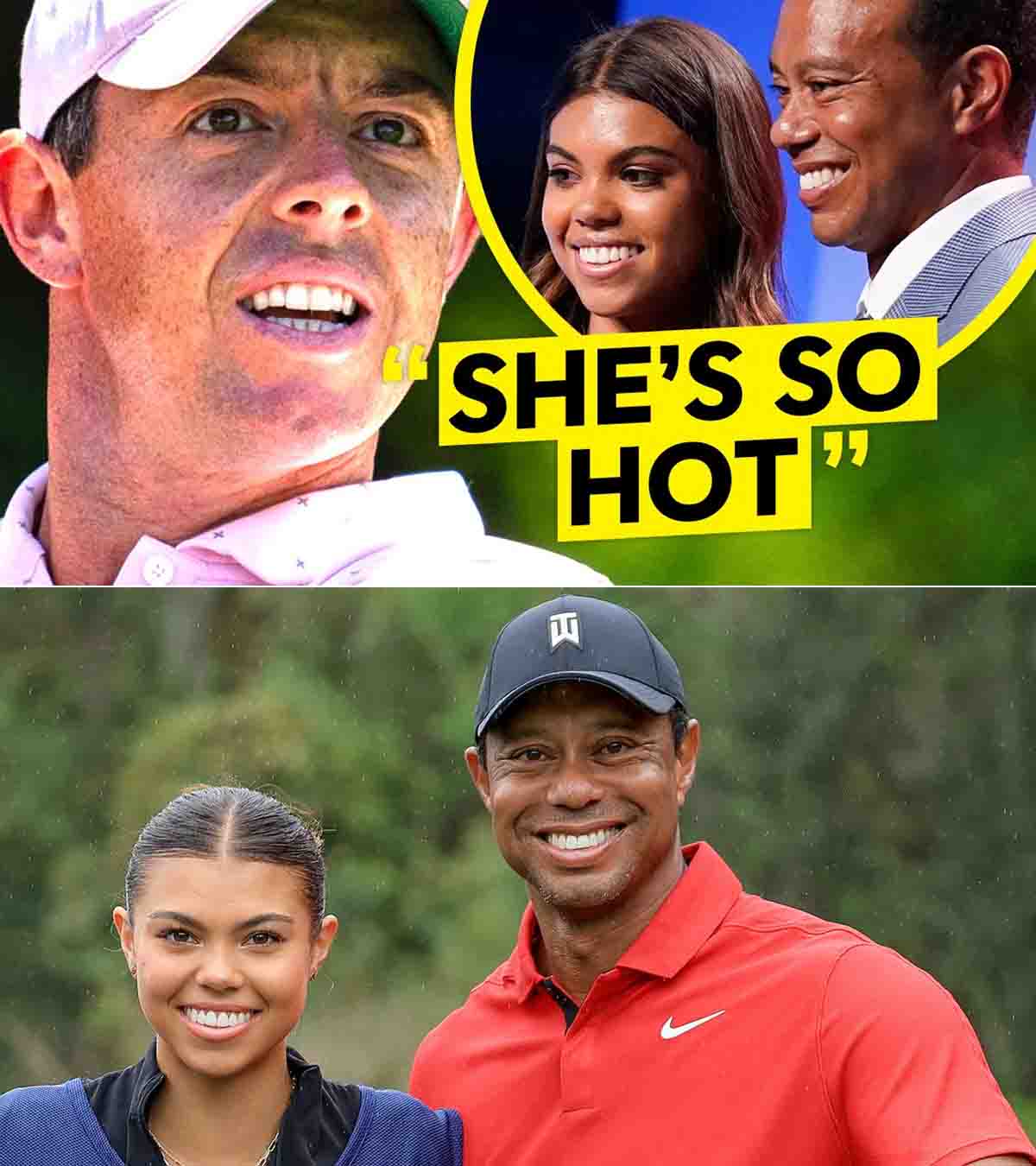Speaking at a recent rugby dinner in Melbourne, Wallabies coach Joe Schmidt indicated that he would try not to analyse too much until the completion of his first block of three matches.
With a plucky Georgia dispatched 40-29 in Sydney, that time has arrived, and Schmidt has plenty to ponder over; much of it good.
In Rob Valetini and Fraser McReight, he has two-thirds of a high-class loose forward trio. Just who will be his Peter O’Mahoney remains to be seen, but in the absence of first captain Liam Wright, Harry Wilson made a good fist of his return to rugby and offers size and presence today that Tom Hooper and Charlie Cale will bring over time.
The Wallabies were urgent and polished as they set up their win in the first quarter. As Wallabies fans have become so accustomed to, what followed were flat patches, confounding lapses of concentration and s𝓀𝒾𝓁𝓁 errors – Valetini slipping ahead of his jumper to create an unlawful block, a prime example. But at this stage of any team’s development, these are failings to be reasonably expected.
Until team cohesion beds in, focus naturally swings towards individual performance. Schmidt admitted as much after the match, saying: “We’re really just trying to find our way. Still balancing developing combinations and providing players with opportunity.”

Isaac Aedo Kailea is one player grasping his opportunity with both hands; sharp enough in his interview to call out Valetini, Hunter Paisami and himself as a try-scoring cabal from Melbourne’s Harlequins club.
What Rugby Australia’s development and pathways plan is for Victorian rugby is a topic for another day. But given the assurances made by Rugby Australia CEO Phil Waugh that there is a plan, announcing it any time soon feels like it would be a good thing to do.
Advertisement
Nick Frost was another to impose himself on the match, and at 24, it feels like he is ready – along with Lukhan Salakaia-Loto – to form the nucleus of a formidable second row.
Tate McDermott bounced around at halfback without ever convincing that his pass has the edge and consistency required for this level. Expect to see Jake Gordon back at No.9 for the opening of the Rugby Championship.
Out wider, what was obvious was the way Andrew Kellaway’s introduction added a measure of class and composure that had hitherto been lacking. Some of that was down to the disruption that accompanied Filipo Daugunu’s red card, but it is clear that Kellaway’s experience and tendency to do the right thing is hugely valuable for this side.
Daugunu’s mistimed jump was clumsy rather than malicious, but this is elite rugby; these things simply have to be done right. There was the usual ‘what else was he supposed to do?’ consternation on social media – the answer being, ‘don’t lose control of your body in a way that you collect a defenceless opponent in the head with your knee’.
Schmidt’s biggest headache is at pivot, with Noah Lolesio and now Ben Donaldson yet to own the position. One suspects that Tom Lynagh is still seen as more of a development option, and if that is the case, the Wallabies need one of the aforementioned to settle into the role, and quickly.
Both players have undoubted strengths, but Lolesio’s strong Super Rugby form probably has him ahead at this stage. What was disappointing was the quality of the kicking in this match. Yes, it was windy but that doesn’t explain why so much of the ball striking seemed off-cue.
The Georgians also threw in their share of mongrel punts, albeit they had more luck with a couple of their kicks. How was that piece of s𝓀𝒾𝓁𝓁 from Davit Niniashvili immediately after half-time, deliberately toeing the ball into Tom Wright on an angle where he knew it would bounce back into his arms?
The try of the match featured an audacious cross-field transfer behind Georgia’s goal-posts, before Akaki Tabutsadze came up trumps on the chip and chase. He was aided by – and I hesitate to use the term – a chase back by Darby Lancaster and Tom Wright that was nowhere near as urgent as it needed to be.
Just as in their World Cup loss to the Wallabies, Georgia’s threats were in the backline. Typical for a ‘tier two’ side, their endeavour would be complemented by the addition of some more size, bulk and athleticism in the second row, and a willingness to listen to what the referee is telling them.
Far too many penalties were conceded for lazy off-side play, while Australia’s first try came directly as a result of halfback Mikheil Alania’s insistence not to clear the ball from a ruck despite referee James Doleman giving him a warning and ample time to do so.
A decent-sized crowd was notable for the number of 𝘤𝘩𝘪𝘭𝘥ren in attendance. Full credit to Rugby Australia for recognising and acting to ensure ‘family friendly’ scheduling. Will they be brave enough to carry that forward and give fans more of what is clearly popular?
Prop Alex Hodgman became the fourth player to represent both the All Blacks and Wallabies, triggering memories of middle-distance athlete Peter O’Donohue, who won a bronze medal for New Zealand at the 1990 Commonwealth Games, before switching allegiance to Australia.

Upon joining the Australian team at the AIS in Canberra, O’Donohue told of having to prove his Australian-ness by being made to stand on a table and chant repeatedly, ‘Hadlee’s a wanker’.
No word from the Wallabies camp as to whether Hodgman – or Schmidt and Mike Cron for that matter – have been forced to clamber up onto a table to publicly disparage Richie McCaw.
One other talking point from the match emerged: why does World Rugby insist on creating potential powderkeg situations by mandating that reserves warm up in their attacking in-goal areas?
After Mikheil Babunashvili burrowed over for his first-half try, prone Wallabies defenders were trampled over by Georgian reserves rushing in to celebrate. Credit the Wallabies for retaining their composure, but this feels like an invitation for a major incident that the game doesn’t need.
The solution? Simple; just swap the ends the players warm up at. No one is going to be running onto the pitch to celebrate an opposition try.
In what will become known in time as ‘The Silver Lake Test Match’ the All Blacks and Fiji did their business at Snapdragon Stadium, San Diego; the All Blacks getting it done 47-5.
Despite conceding their third consecutive try from a cross-kick – expertly finished by Vilimoni Botitu – the All Blacks competently dealt with a formidable physical challenge and will have taken plenty of positives from the match.
One was the willingness of Ardie Savea – after a couple of quiet matches against England – to impose himself on the carry. Lock Tupou Vai’i also lifted his ball-carrying presence, and with strong performances across the front row, and from Luke Jacobson at No.6, a solid platform was laid.
Another feature was the ability of a number of players to transfer the ball quickly and accurately under extreme pressure – even with the knowledge that personal pain and suffering were imminent.
Less impressive was the All Blacks’ kick-off receipt; too shoddy and too repetitive to be simply shrugged off.
The All Blacks rolled out six debutants, but this was no disrespect to Fiji; more an illustration of how professional rugby is a squad game governed by World Cup cycles, where players need to garner sufficient experience to be useful in 2027.
In that respect, coach Scott Robertson will be delighted at how all of his new players handled their first assignment; none more so than centre Billy Proctor, who matched his brother Matt in scoring on his Test debut.

Fiji might have been outclassed on the day, but contributed plenty to the match; unlucky not to have a second try before half-time when Jiuta Wainiqolo lost control of the ball in the act of scoring.
Rugby doesn’t know it yet, but expect to see incidents like the one which led to Cortez Ratima leaving the field concussed become the next frontier in the push to limit the occurrence of head injuries. Remember also how Ireland halfback Craig Casey was similarly concussed as a result of an RG Snyman tackle, just a fortnight ago.
Currently, these types of events fall under the ‘no intent/rugby incident/no punishment’ banner. But expect to see a shift of emphasis, to where the tackler is held responsible and accountable for the safety of the tackled player, and players are trained to ensure that they don’t sling or drive an opponent’s head into the turf.
As it happens, the AFL is in the midst of this very change, and it’s fair to say it’s not going well. Communication as to the reasons for an umpiring crackdown on this type of tackle has been grossly deficient, and in the absence of clarity and detail, coaches, fans and media experts are all up in arms about disruption to the nature of the way the sport is played.
There’s World Rugby’s template, right there. Players like Ratima and Casey can be protected from having their brains mashed into the turf with very little dislocation to the way rugby is played. Just be clear about the circumstances and the need; get everyone on board with the change before it happens; don’t leave it up to referees to introduce and cop flak for their trouble.
The best match of the weekend came on Friday night in Brisbane, where Wales scored at the death to edge out the Reds, 36-35.
More rugby at this level can only hold the Reds in good stead as they get game time into their squad ahead of next season. And while it might only seem like a small win against an under-strength franchise, don’t underestimate how valuable this result will be, as a building block in Wales’ long climb back up to international competitiveness.
